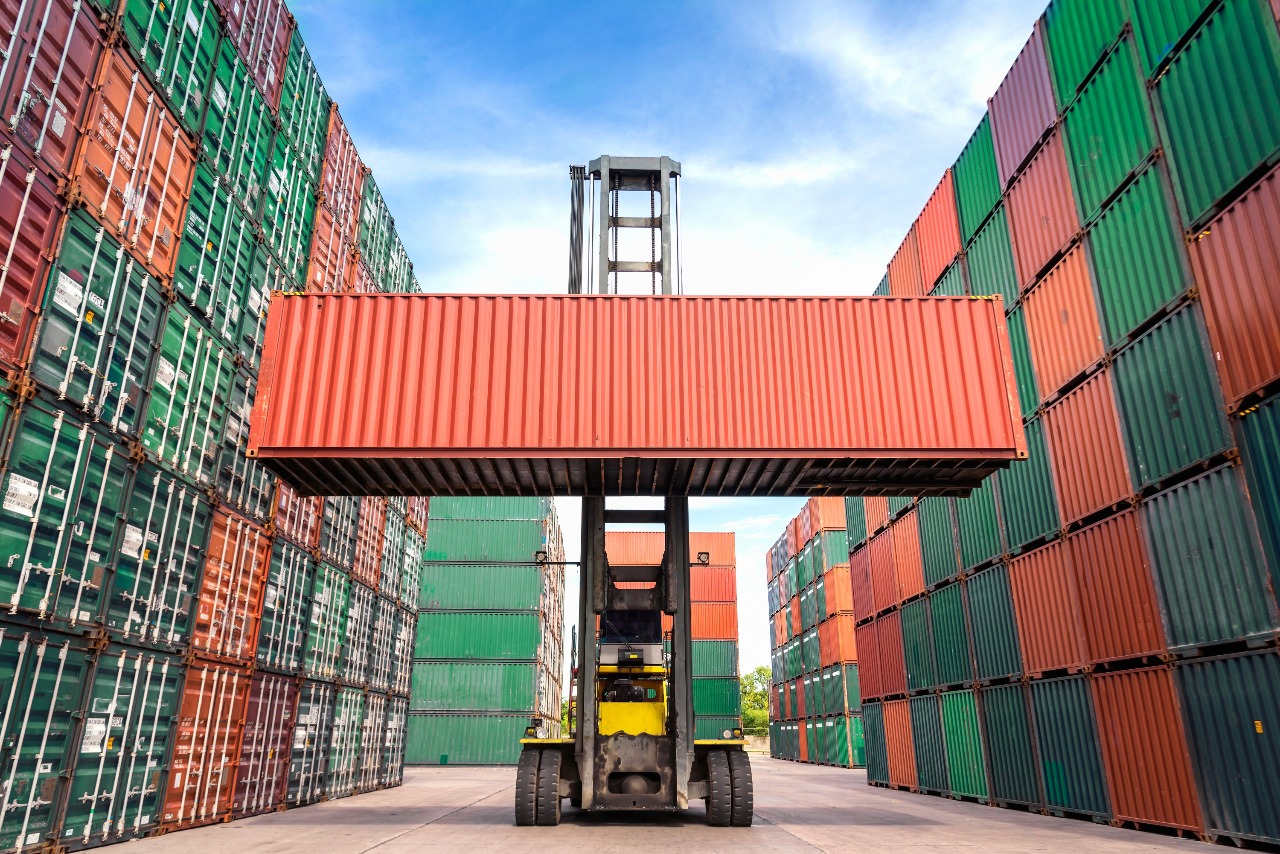Relying on another company to safely transport your products requires real trust, and if a company doesn’t trust its own employees to transport your products safely, how can you? That’s why Primary Freight puts so much stock in employee innovation.
Livelihoods often hang in the balance when you’ve got to complete a huge shipment, and you want to work with a shipper who understands the real human interests that exist beyond dollars and cents. One of Primary Freight’s founding principles is a regard for people over products — and its company culture shows it. Trust is built on an ability to foster and value human relationships, and one of the easiest ways to tell whether a company deserves your trust is to look at whether it treats its employees as real people, not digits on a ledger line.
Culture Counts
“That’s the big difference: we’re not numbers here,” says a calm and cool Ana Perez. A Primary Freight employee since 1999, Perez says she can’t imagine leaving the company that’s become her “home away from home.” A huge part of what makes Perez feel so comfortable and confident here is that her ranking has no bearing on her ability to enact change within the organization; Ana’s input is valued here, even when she’s discussing something outside of her department.
If someone notices a problem or has come up with a new solution to an existing issue, co-founders John Brown and Kathy Hogan make a point to listen to, learn more about, and often implement that person’s idea. It’s that openness to feedback that instills a sense of lasting purpose in employees, and ultimately betters both company culture and client services. It’s this same earnest belief in people that attracts Primary Freight’s customers, as well. “Honesty is what we strive for,” Perez says firmly. “We try to be honest with them, and that’s what keeps them coming back.”
The Bottom Line
Taking the time to invest empathic capital in your business is the key to fostering happy, trusting relationships with both employees and customers. “I enjoy coming to work still every day,” Perez notes. “And I think that’s a big deal.”
